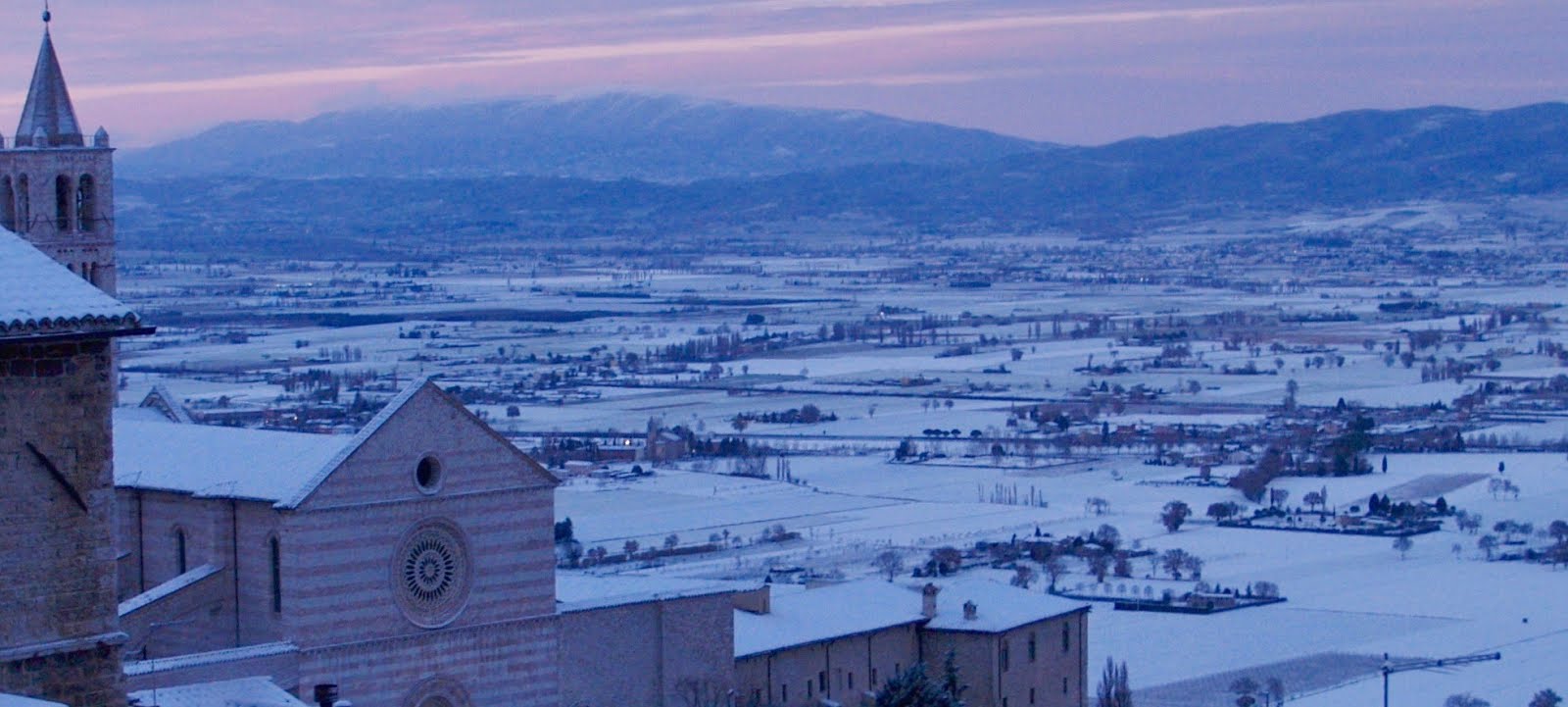16 August 2020
Welcoming the Stranger
Before the Babylonian exile it was unheard of for a non-Jew to be allowed to worship at the temple in Jerusalem. So it must have been shocking for those who had returned from the great exile to hear the Prophet Isaiah say what you just heard a few minutes ago: you are to welcome the Gentiles to offer sacrifice alongside you for God’s house shall be called “a house of prayer for all peoples.”1
That’s why the psalmist wrote and we sang a few moments ago that all the nations will praise God and all nations will know his salvation. Not our tribe or nation alone, but all the nations will come to know his name. “May all the ends of the earth fear him!”
God loves the whole earth and each one of us who stand on it. Even, and especially, the stranger.
One of the first laws of Israel is contained in Deuteronomy: “You shall…love the stranger, for you were strangers in the land of Egypt.”2 Or again, in Leviticus: “The alien who resides with you shall be to you as the citizen among you; you shall love the alien as yourself, for you were aliens in the land of Egypt: I am the Lord your God.”3 And when Job is trying to win points with God, he describes himself as “a father to the needy, [who] championed the cause of the stranger.”4
No one embraced the love of the stranger more than Saint Paul. At first a Jewish rabbi who so despised the Gentiles that we see him up there every time we come to Church, his nose up in the air as they stoned poor Saint Stephen to death. Yet after his conversion on the road to Damascus Paul becomes “the apostle to the Gentiles,” dedicating his life to the conviction that in Christ there are no more strangers: ‘no longer Greek nor Jew, circumcised nor uncircumcised, barbarian, Scythian, slave nor free; but Christ is all in all.’4
And Paul gets that from Jesus, who loves the stranger most of all, a love which we see when he encounters the Canaanite woman in today’s Gospel. She was a Gentile, among the unclean and unsaved; and it would have been no surprise that Jesus met a Syrophoenician, for we are told he freely set out for Tyre and Sidon, which was Gentile territory.
She comes to him begging that he might heal her son. Like a good orthodox rabbi at first he rejects her as unclean, saying some of the harshest words we ever hear coming out of his mouth. Yet she is undeterred, driven by the love of her child. And it is her persistent faith that moves him to praise her and to heal her child.
God loves the stranger. And thank God he does.
For we are the strangers, sons of our first parents, aliens in the Kingdom of God’s love. A Kingdom in which we wander about with all our doubts and our fears, our weaknesses and our selfish longings, our ingrained habits of darkness and death.
We are strangers in the Kingdom of love. But what does God do with we dirty little creatures? Does he tell us to go back to the fallen Eden of Eve and Adam? Go back where we came from? Does he discriminate against us for the color of our hearts? Does he confine us to internment camps so the virus of our sinfulness will not infect others?
No. He embraces us, calls us his children and showers us with the gifts of his love, opening his arms on the cross out of love for we wretched strangers.
And then he says a funny thing to us: “as I have loved you, so you are to love one another. Love the other strangers, as I have loved all the strangeness in you.
Twenty percent of everyone living in Worcester was born outside United States. It’s always been that way, as when Stevie Loughlin married Nora Lynch in this Cathedral Church a dozen or so years after arriving from Ireland. They were my great-grandparents, among the 20% of the city who had been born in Ireland when in 1850 the census listed 85 Sullivans, 44 Murphys, 43 McGraths and 40 Burkes.
They were just like the 2,000 refugees from 24 countries who have arrived here in recent years, some with names like Ramirez, Padilla and Valdez; while others hail from Iraq, Bhutan, Burundi, Somalia, Liberia and Vietnam.
Like our progenitors they work hard, are less likely to collect food stamps than native Worcesterites, and enjoy an unemployment rate 4 times lower than the general population.
And they come here because they know they will be loved in Worcester. By God and by us. Not because of what they have achieved or where they have come from, what tribe they hail from or the way they speak English. They know they will be loved just because they they are “the stranger,” and those who love God love all his children spontaneously and freely from the first moment they meet them.
“Every stranger”, Pope Francis reminds us frequently, “Every stranger who knocks on our door is an opportunity to meet Jesus Christ, who identifies himself with the foreigner who has been accepted or rejected in every age.”
The Lord calls us, the Holy Father reminds us, to love them all, “and to leave no one behind.”5
——————————————-
1 - Isaiah 56:1, 6-7.
2 - Deuteronomy 10:19.
3 - Leviticus 19:34.
4 - Job 29:16..
5 - Pope Francis, January 14, 2018.

